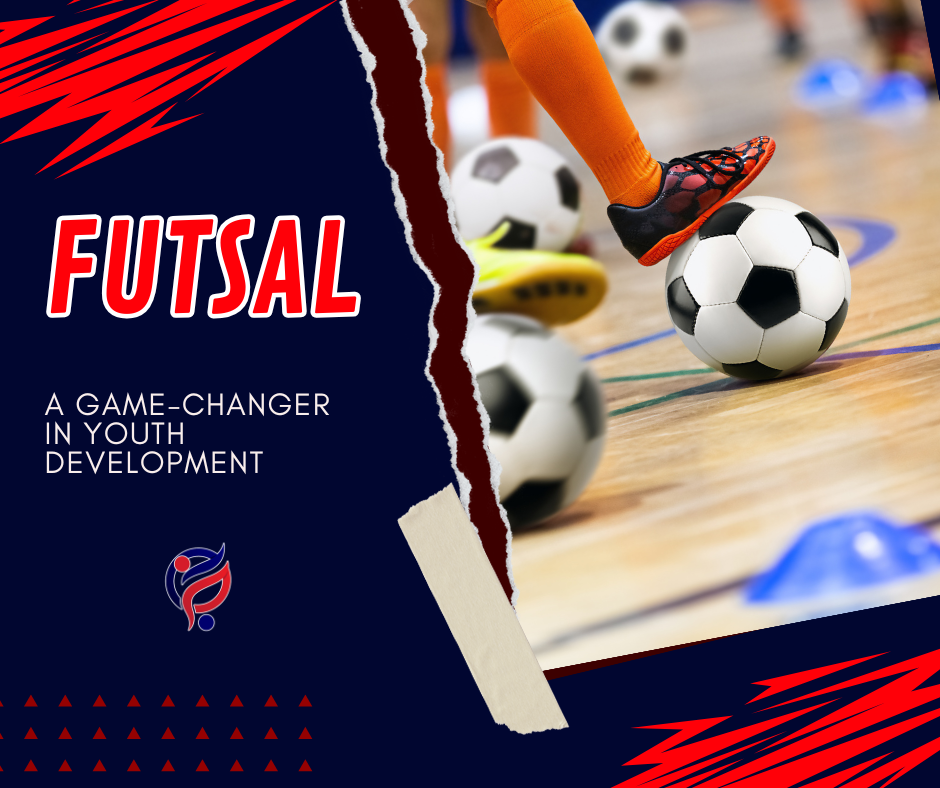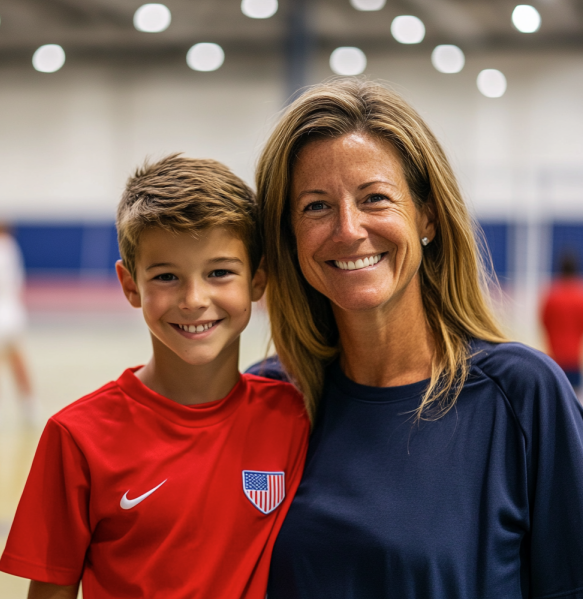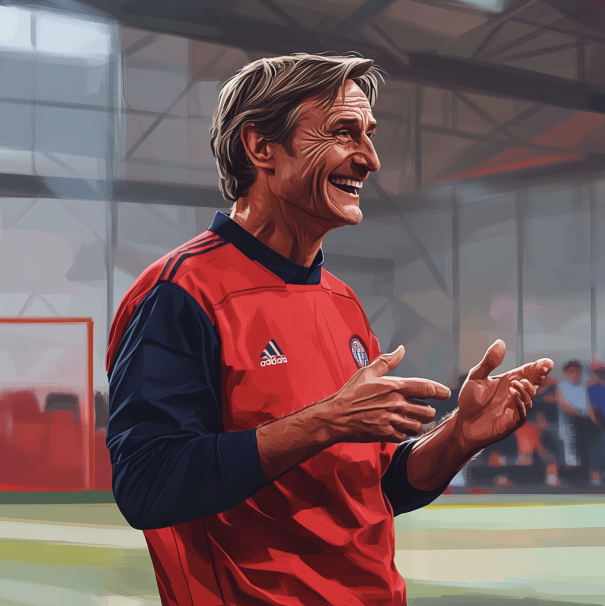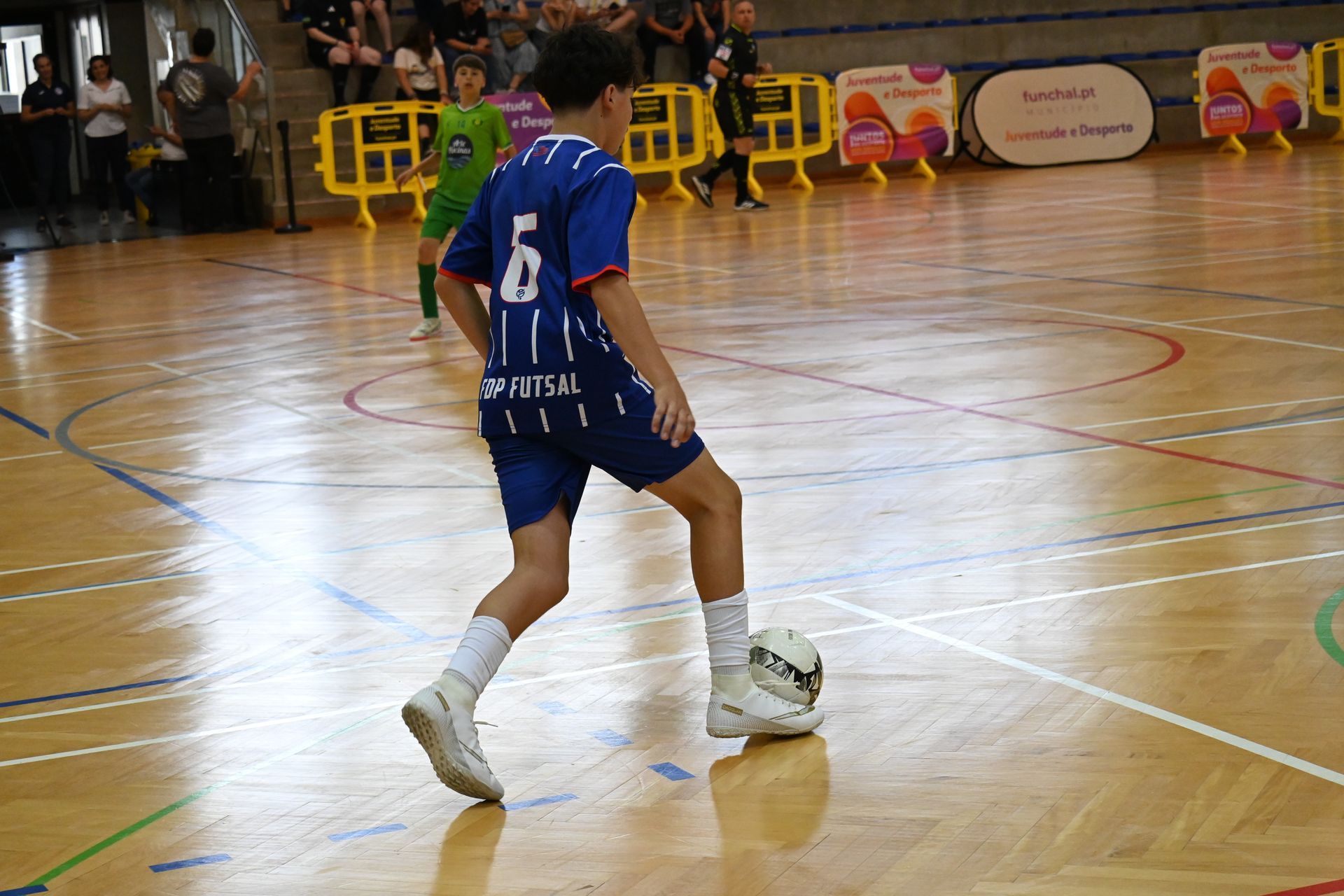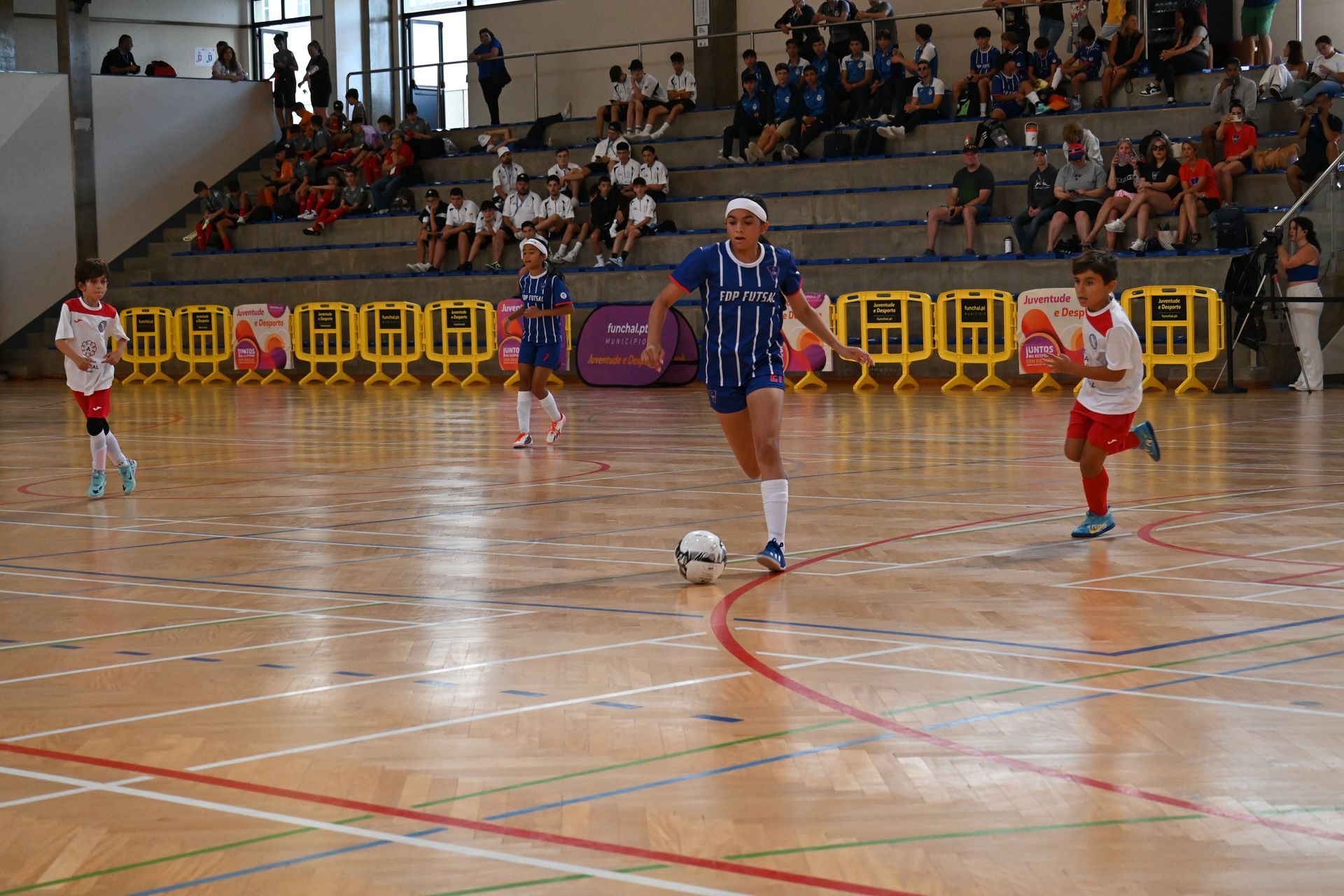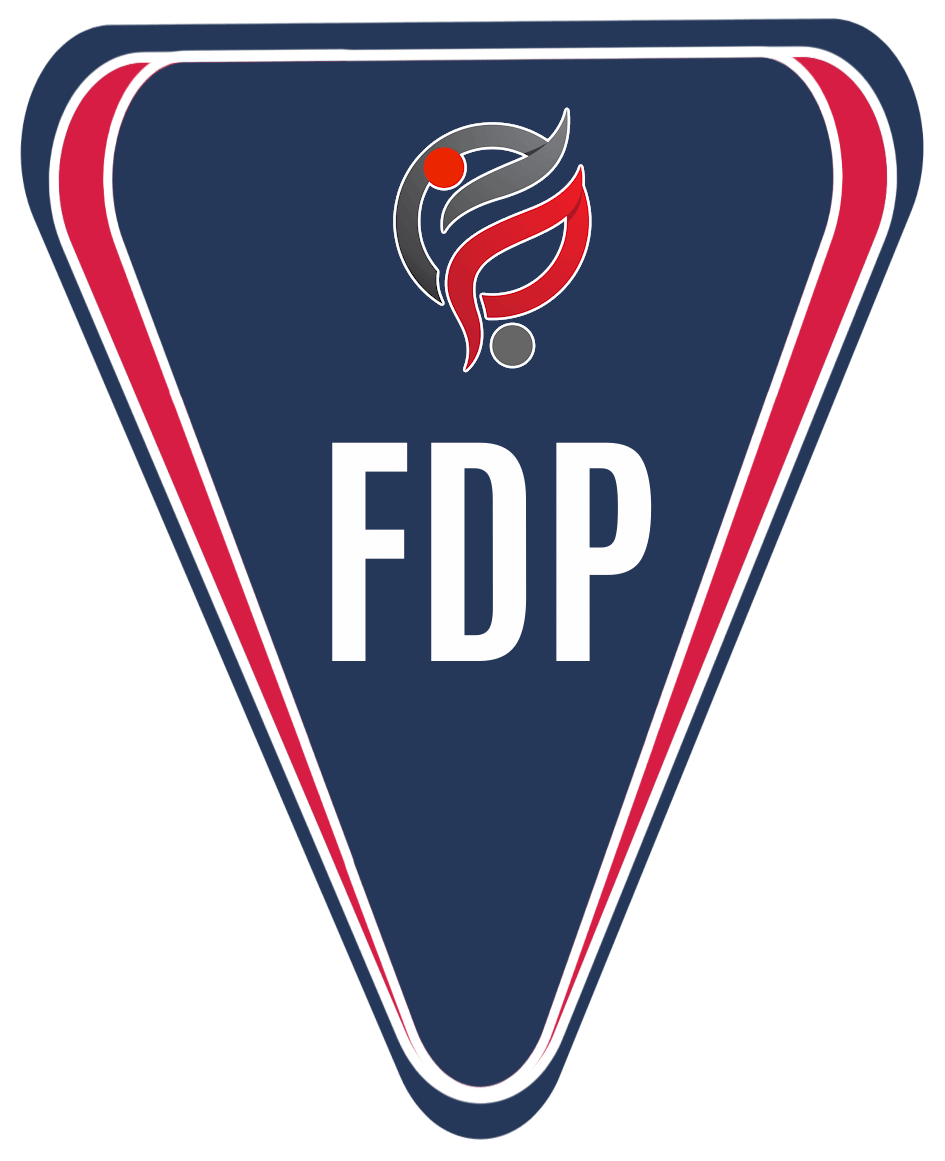IT IS NOT ABOUT YOUR DEFENSIVE SKILLS, IT'S ABOUT HOW MUCH SPACE YOU ARE DEFENDING
IT IS NOT ABOUT YOUR DEFENSIVE SKILLS,
IT'S ABOUT HOW MUCH SPACE YOU ARE DEFENDING
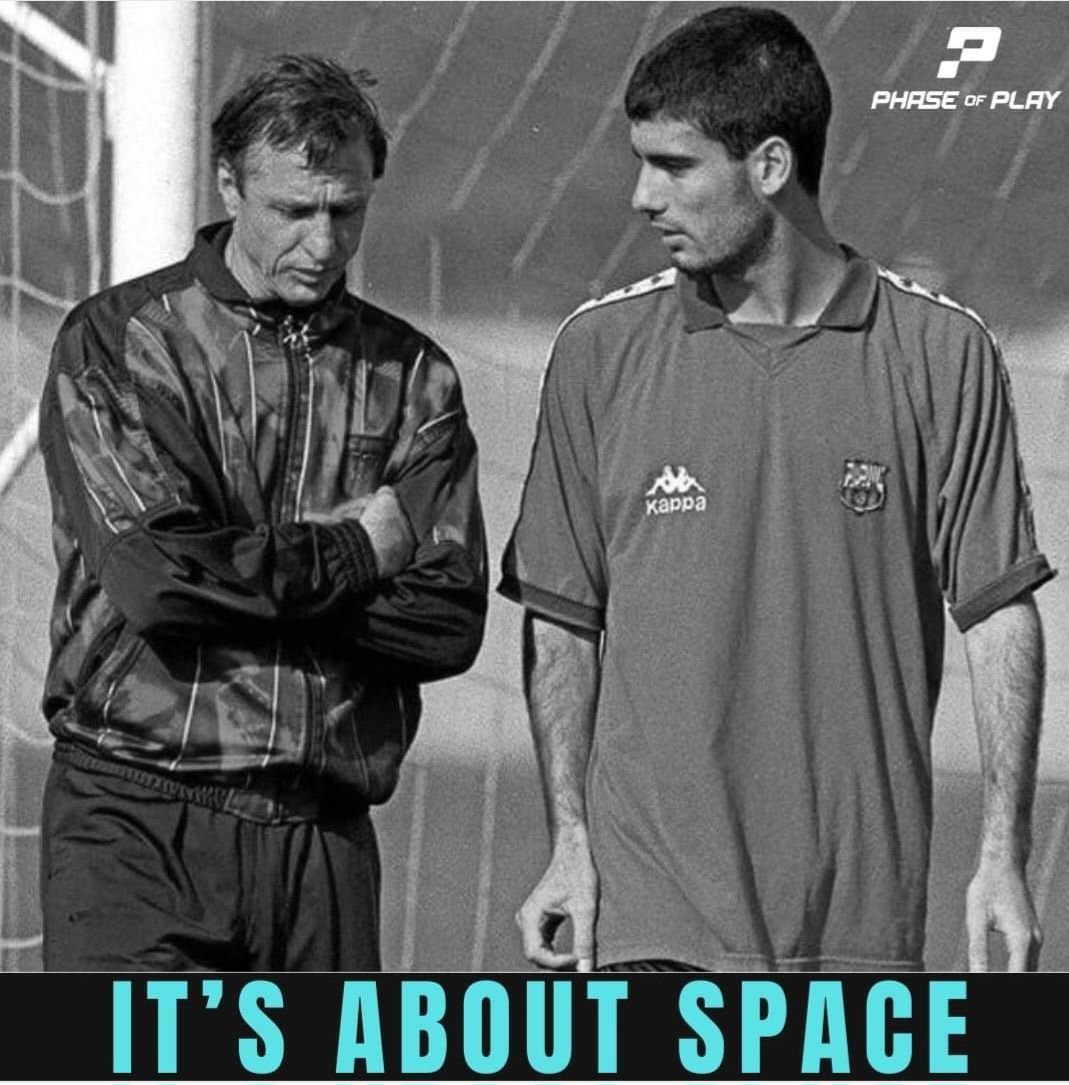
Exploring Johan Cruyff's Legacy Through Futsal: Enhancing Soccer Skills in Confined Spaces
In the fascinating intersection of soccer theory and practical training, few concepts are as transformative as those introduced by Johan Cruyff. His influence on modern soccer is immense, and his teachings during his time at Barcelona with Pep Guardiola have left an indelible mark on the sport. Today, we're diving into one of Cruyff's key strategies: maintaining compactness in team formations to enhance defensive efficiency and control over the game.
Cruyff's Philosophy: Compactness in Defense
Johan Cruyff, a visionary in the world of soccer, emphasized the importance of compactness in a team. He believed that by reducing the space each player needs to defend through strategic positioning, teams could regain the ball more efficiently and maintain control of the game. This principle of keeping the team tight and interconnected allows for both aggressive defense and fluid transitions into attack.
The Bridge to Futsal: Learning in Confined Spaces
Futsal, the fast-paced, scaled-down variant of soccer played mainly indoors, emerges as an excellent platform to cultivate the skills Cruyff valued. The smaller, more restricted playing area in futsal naturally teaches players to excel in compact team formations. Here are five ways futsal helps in embedding these principles into soccer:
- Enhanced Spatial Awareness: Futsal players constantly navigate tight spaces, which improves their ability to judge distances and maintain optimal positioning relative to teammates. This translates to better spacing in 11-a-side soccer, allowing for a compact defense that's difficult to break down.
- Quicker Decision-Making: The fast pace of futsal forces players to make rapid decisions, a skill that is crucial when playing in compact formations in soccer. Quick decision-making helps in swiftly shifting formations and adapting to the dynamic nature of the game.
- Improved Ball Retention: Futsal emphasizes close ball control and precise passing in confined environments. This skill is vital for maintaining possession in soccer, especially when playing in a compact formation where space is at a premium.
- Defensive Coordination: Futsal teams often defend as a unit rather than relying on individual tackles. This collective approach to defense is exactly what Cruyff advocated for in soccer, where coordinated team movements can effectively neutralize opponents' attacks.
- Transition Efficiency: The quick shift from defense to attack is a hallmark of both futsal and Cruyff's soccer tactics. In futsal, the ability to rapidly transition plays a critical role in exploiting the momentarily disorganized defense of the opposition, a skill directly applicable to soccer.
The Role of Futsal Training in Soccer Development
Integrating futsal into soccer training regimens can significantly benefit players, teaching them the essence of compactness and strategic spatial management that Cruyff championed. The confined space of futsal pitches forces players to remain close, work together, and develop a cohesive strategy for both defending and attacking.
Conclusion: A Legacy that Transcends Sport Boundaries
Johan Cruyff's teachings are not just about soccer; they are about how to think about any sport, including futsal, in innovative and strategic ways. For soccer coaches and players aiming to implement Cruyff’s principles, embracing futsal can be an excellent method to refine these concepts. Futsal doesn't just prepare players for the physical demands of soccer; it sharpens their minds, making them tactical players capable of understanding and implementing complex game plans effectively.
In essence, futsal is more than just a training tool; it's a crucible where the future soccer stars learn the art of the game, inspired by one of its greatest thinkers. As we continue to explore and integrate these intersecting disciplines, the legacy of Johan Cruyff lives on, guiding the next generation of players to greater heights.
Contributed By Niko Alexopoulos
DON'T MISS ANY BLOG POSTS
Unlock Exclusive Insights: Subscribe Now & Stay Ahead of the Curve! Don't Miss a Single Blog Post—Join Our Community for Expert Tips, Fresh Perspectives, and Insider Knowledge. Your Ticket to Stay Informed, Inspired, and Empowered Awaits!
MAXIMIZE YOUR POTENTIAL
Empower Your Journey: Subscribe for Exclusive Access to Training, Programs, Camps, and Events. Elevate Your Skills and Seize Every Opportunity!


